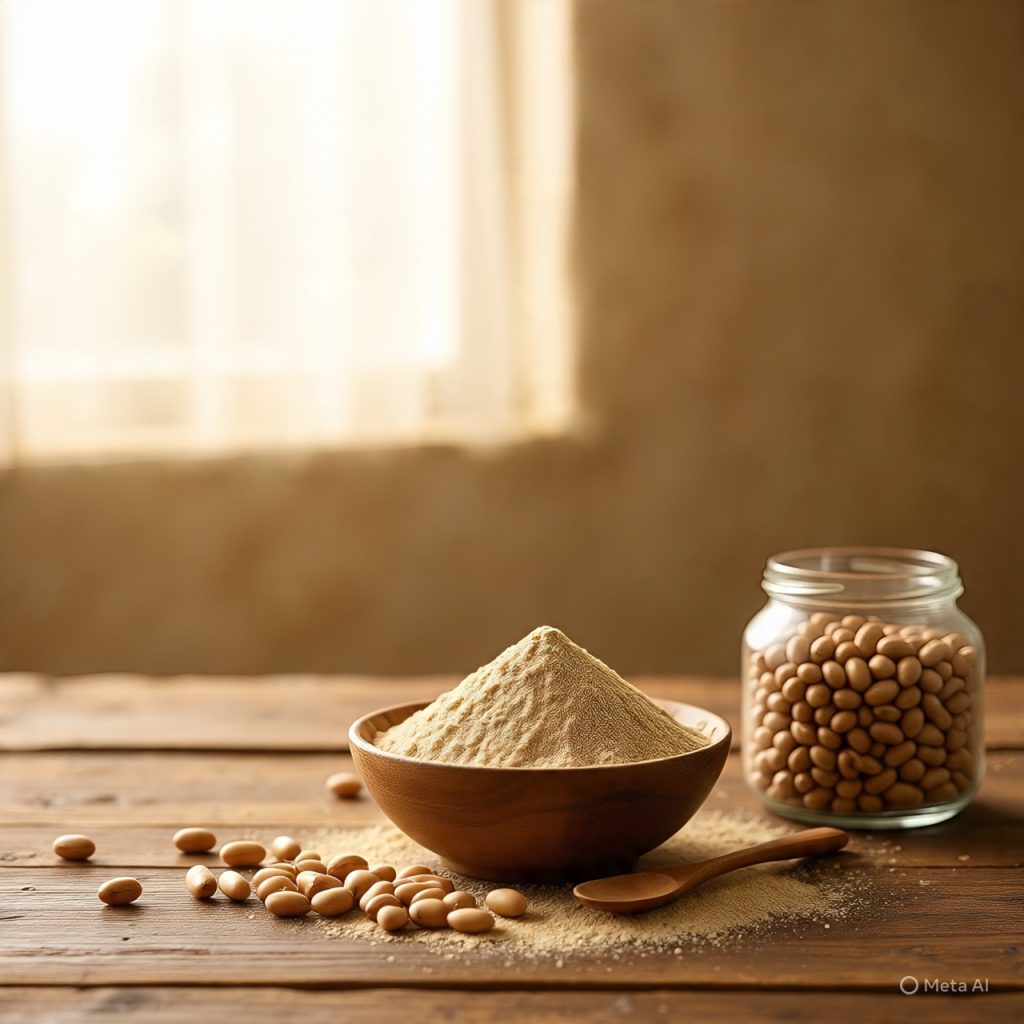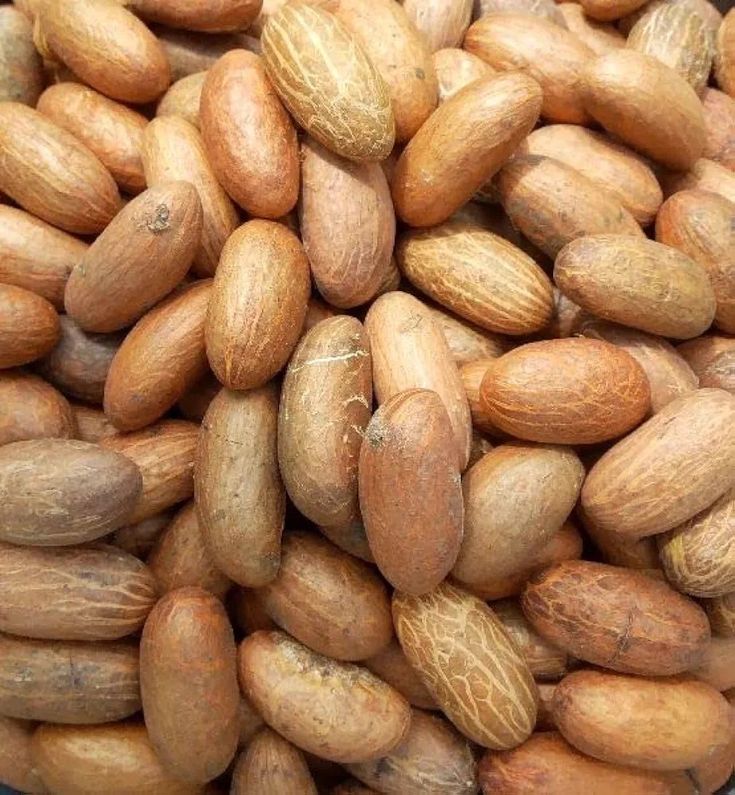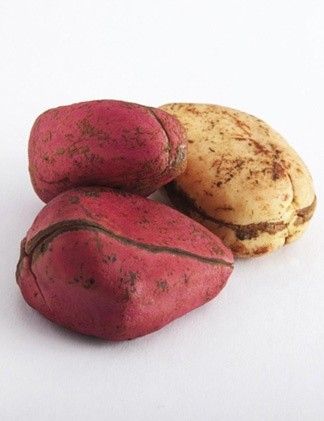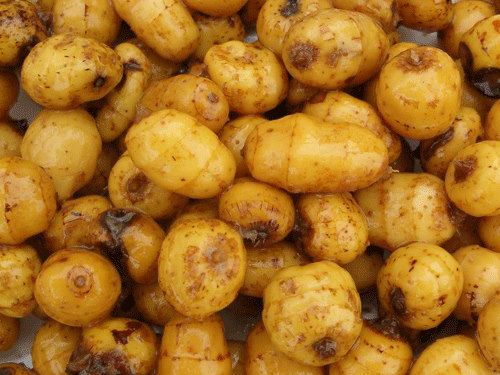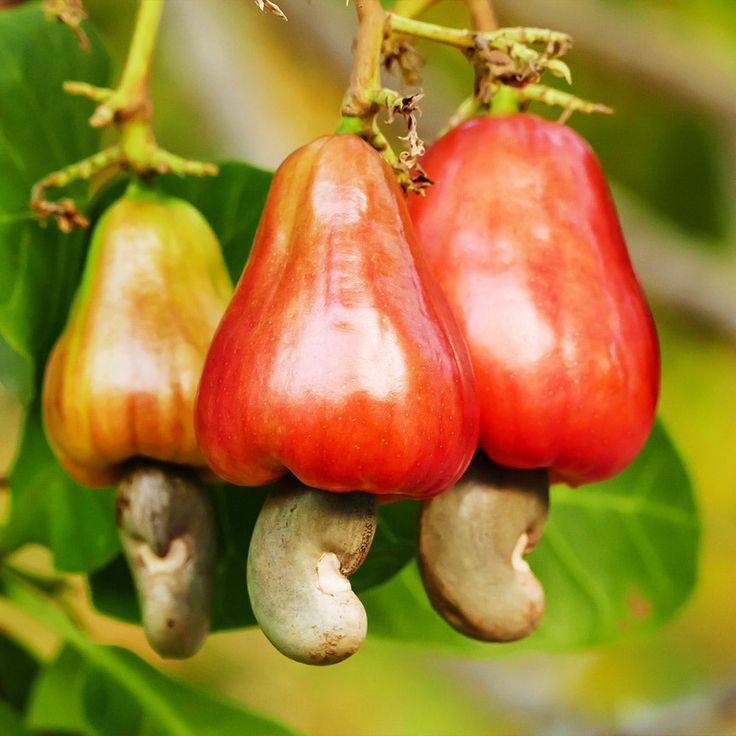What It Is
Beans flour is a finely milled powder made from cleaned, dehulled, and ground beans (commonly black-eyed peas or brown beans). It is a staple ingredient in African and Asian cuisines, used for preparing various traditional dishes such as Akara (bean cakes), Moi-Moi (bean pudding), and bean soups. Beans flour eliminates the stress of peeling and grinding beans manually, making cooking more convenient for both domestic and industrial consumers.
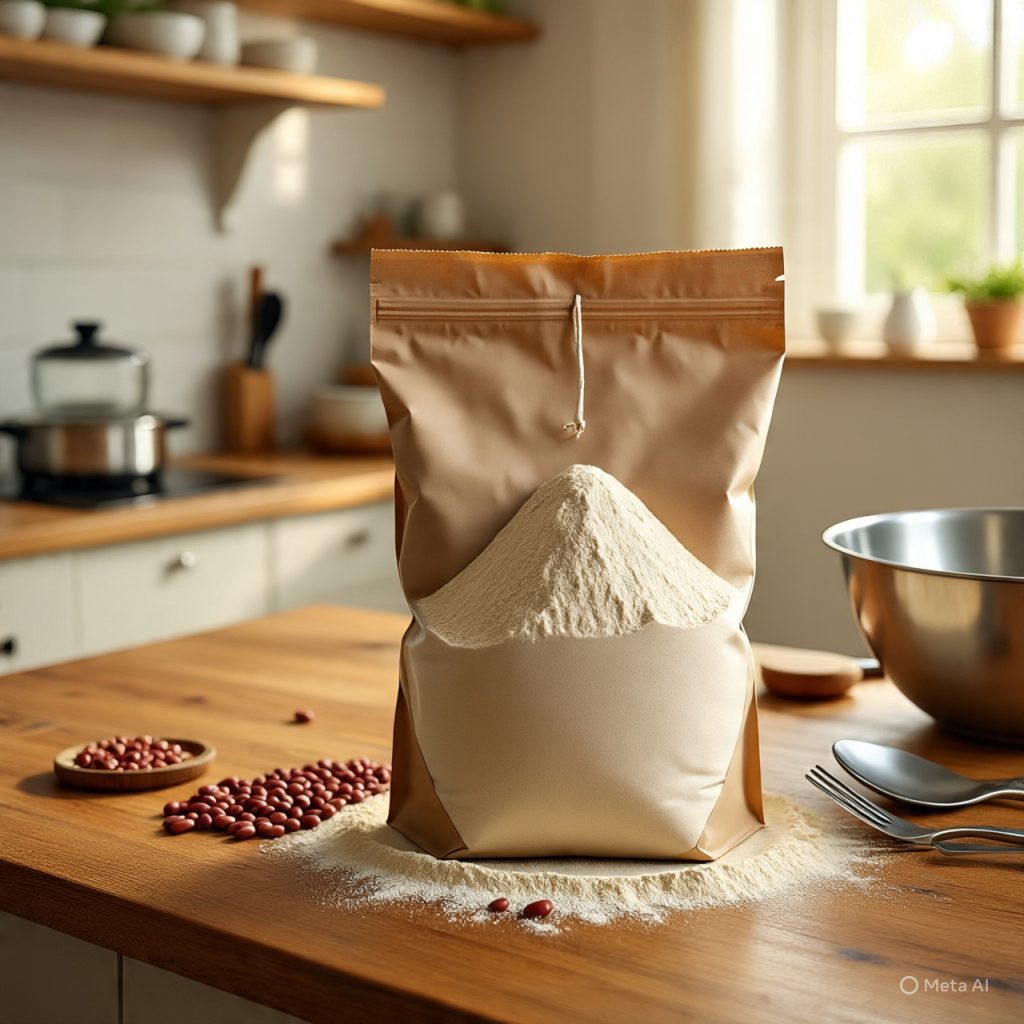
Nutritional Value
Beans flour is a protein-rich food and an excellent plant-based alternative to animal protein. It contains:
-
Proteins: Essential for body growth and repair
-
Dietary Fiber: Promotes healthy digestion
-
Vitamins & Minerals: Especially iron, magnesium, potassium, folate, and B-vitamins
-
Low Fat: A healthy option for weight management and heart health
It is widely recommended for vegetarians, vegans, diabetics, and health-conscious consumers.
Export Importance
Nigeria is one of the largest producers of beans in Africa, making beans flour a high-demand processed product for international markets. Unlike raw beans, beans flour has a longer shelf life, easier packaging, and reduced risk of infestation, which makes it more suitable for export.
Forms Available for Export
-
Whole Beans Flour: Ground beans with minimal processing
-
Dehulled Beans Flour: Skins removed for smoother texture and better taste
-
Fortified Beans Flour: Enriched with vitamins and minerals for added nutrition
-
Instant Beans Flour: Pre-processed for quick cooking
Uses
-
Household Cooking: Used in preparing Akara, Moi-Moi, bean soup, and bean-based pancakes
-
Industrial Food Processing: Used by food companies in ready-to-cook and instant meal products
-
Restaurants & Catering: Preferred for its convenience and time-saving benefits
-
Bakery Applications: Sometimes mixed with wheat flour for protein-enriched baked goods
Packaging for Export
Beans flour must be packaged to ensure freshness, hygiene, and long shelf life:
-
Airtight polypropylene bags or food-grade pouches (1kg, 2kg, 5kg, 10kg)
-
Moisture-proof sealed packaging to prevent contamination
-
Labeling must comply with international food safety standards (nutritional facts, production/expiry dates, HS code, country of origin, batch number).
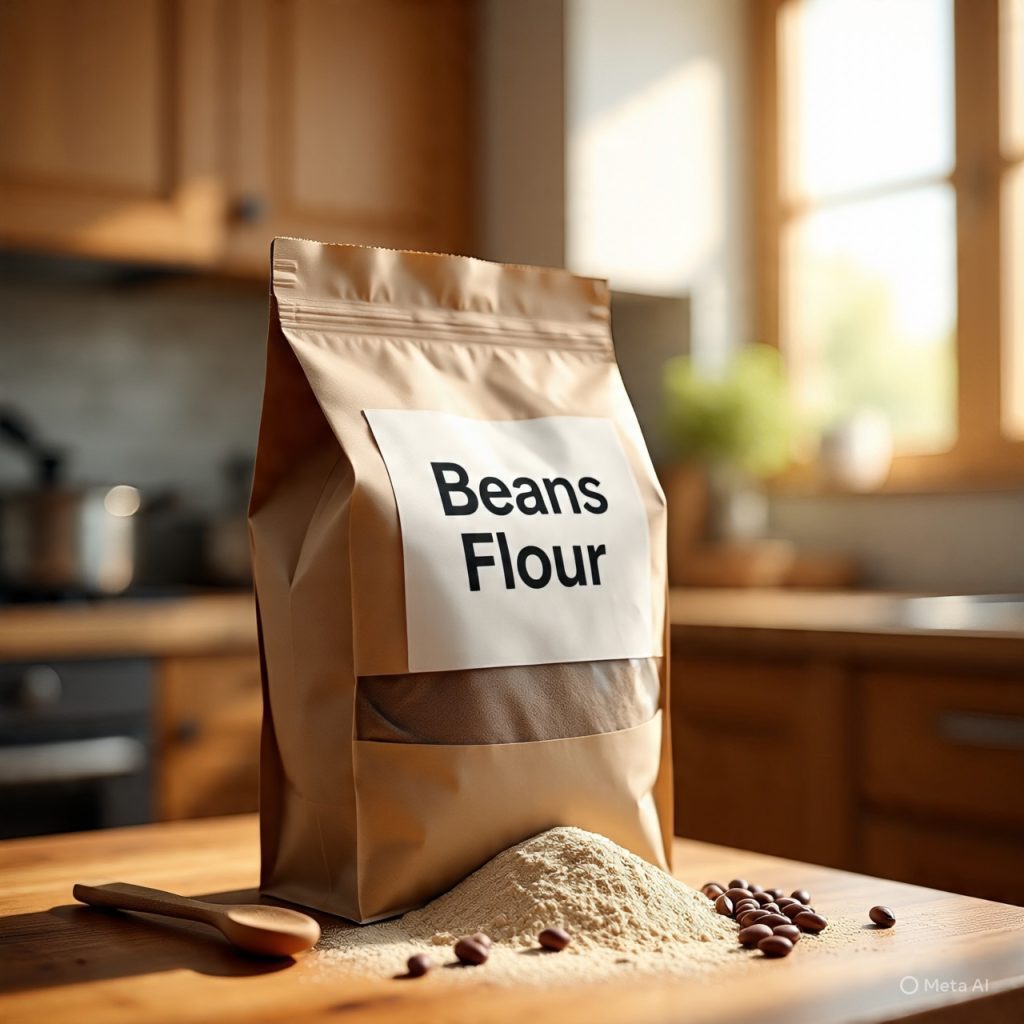
Export Specifications
-
Moisture Content: ≤ 10%
-
Purity: 99% free from stones, sand, and foreign matter
-
Appearance: Smooth, clean flour with uniform texture
-
Shelf Life: 12 – 18 months (when stored properly)
-
Storage Conditions: Cool, dry, and pest-free environment
HS Code
-
HS Code: 1106.10 – Flour, meal, and powder of dried beans
Major Export Destinations
-
United Kingdom & European Union: Large African and Caribbean communities
-
USA & Canada: Growing demand for ethnic and gluten-free flours
-
Middle East: Used in traditional cuisines and food industries
-
Asia: Export potential due to vegetarian food market
Export Advantage
Exporting beans flour provides an edge over raw beans because:
-
Value Addition: Higher revenue per metric ton
-
Ease of Handling: No need for soaking or peeling
-
Market Demand: Increasing preference for ready-to-use food products
-
Reduced Post-Harvest Losses: Beans are perishable, but flour form increases shelf life
In summary, beans flour export is one of the most profitable agro-processing ventures, as it combines Nigeria’s abundant bean production with rising global demand for plant-based, protein-rich foods.

